January Book List by Natasha B. '16
Oaks & Poems & Baldwin & Biss
The snow is quiet and deep. I hope all the people who want to read and don’t have time got some time today, stuck at home by the blizzard.
This is not a best-of-the-year list. It’s not a syllabus for literary self-improvement, nor is it a list of books I think you’ll like, although I liked them. It’s a list of all the books I read or started any time during this month, January 2015, while I lived with my family (brother, sister, best friend, chickens, poodle) in the temperate rainforest of Oregon’s Yamhill Valley. More on this later.
I had no internet, no cell phone service, and no problem sets. I went to Powell’s, brought my old books in from the barn, and read. In chronological order:
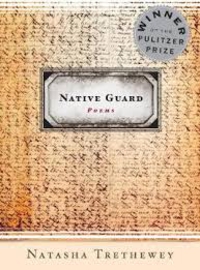
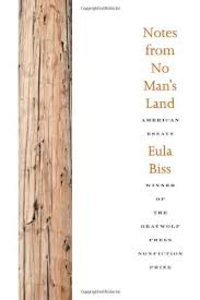

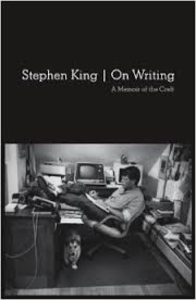
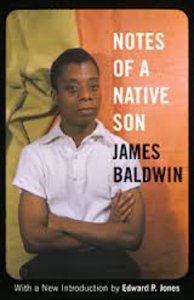
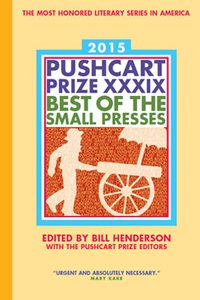
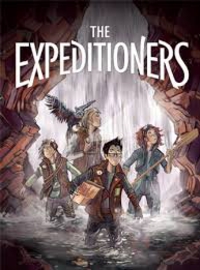
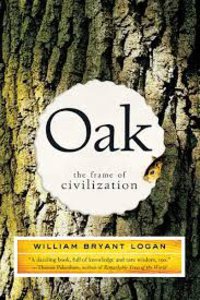
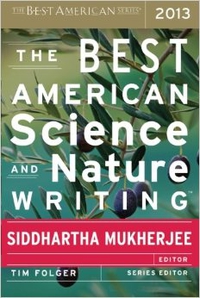
1. Native Guard by Natasha Trethewey. A slim book of poems my grandma sent me during finals. They are haunting and necessary.
2. Notes from No Man’s Land by Eula Biss. A collection of essays so careful and strong I described them to a friend “like stacked rocks.” They are delicate and hard at once. They are gentle and severe. I want this woman to teach me how to write. You can read the first essay in the book, “Time and Distance Overcome,” here. Scroll down.
3. Face by Sherman Alexie. I found this book in Central Square and lost it on the plane back home. In between, I read some great poems. Alexie’s Reservation Blues is one of my favorite novels of all time; his poems are just as raucous, funny, and tragic.
4. On Writing by Stephen King. A birthday gift. This book went down like water. It was easy and right. I read it by the fireplace. I stayed up late with it and assented to its claims.
5. Notes of a Native Son by James Baldwin. James Baldwin is everything. I brought this book with me everywhere I went. I sat across the breakfast table from a friend in a downtown cafe and read aloud to her. I copied down whole pages just to feel the words with my own pen. “There is a strong argument to be made,” Ta-Nehisi Coates told me a few years ago, “that James Baldwin is the baddest dude that ever did it.” This month, he tweeted that “All of us are chasing Baldwin–even if we don’t know it.” And then, in case clarification was needed:
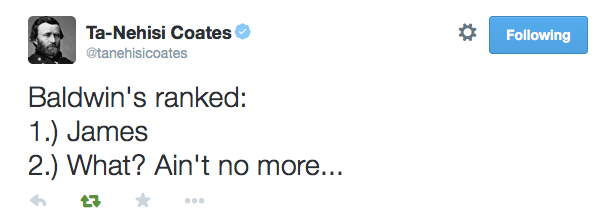
6. Pushcart Prize XXXIX: Best of the Small Presses. A fat anthology. The first few stories and poems get my full attention, and then I start to skim. It’s my own loss. These short stories and essays and poems vary wildly in topic and tone, but almost all of them are good. They have that stick-with-you quality. The scenes stay in my head all year long.
7. The Expeditioners by S.S. Taylor. A retro-futuristic something-punk adventure I read aloud to my six-year-old sister at bedtime.
8. Oak: The Frame of Civilization by William Bryant Logan. Our house is surrounded by woods. The oaks are the oldest trees in them. For thousands of years before us, the Kalapuya people burned the understory (everything but the oaks) to increase acorn and hazelnut production, to fertilize the ground, and to encourage camas bulbs, which (along with acorns) were their staple food. The wildlife adapted, over those thousands of years, to that landscape: the oak savanna, the camas prairie. In some ways, the woods as they are now–thickly forested, with Doug fir and poison oak and brambles everywhere–are post-apocalyptic. Oaks in meadows branch horizontally, growing wide in the sun; oaks in forests grow tall and thin to get what they can. It is eerie to see an open-grown oak surrounded and shadowed by firs.
9. The Best American Science and Nature Writing, 2013. Read “False Idyll,” the first essay in the collection. I liked it so much I took notes.
So that’s the catalog, pretty much complete. I also read street signs, some of my old journals (if I could tell my high-school self one thing: calm down), and plenty of picture books and “chapter books” for my baby sister, who is not really a baby. If you want to come away from this with a to-do list: read Baldwin (5). Read “Time and Distance Overcome” (2). Calm down. Stay warm.